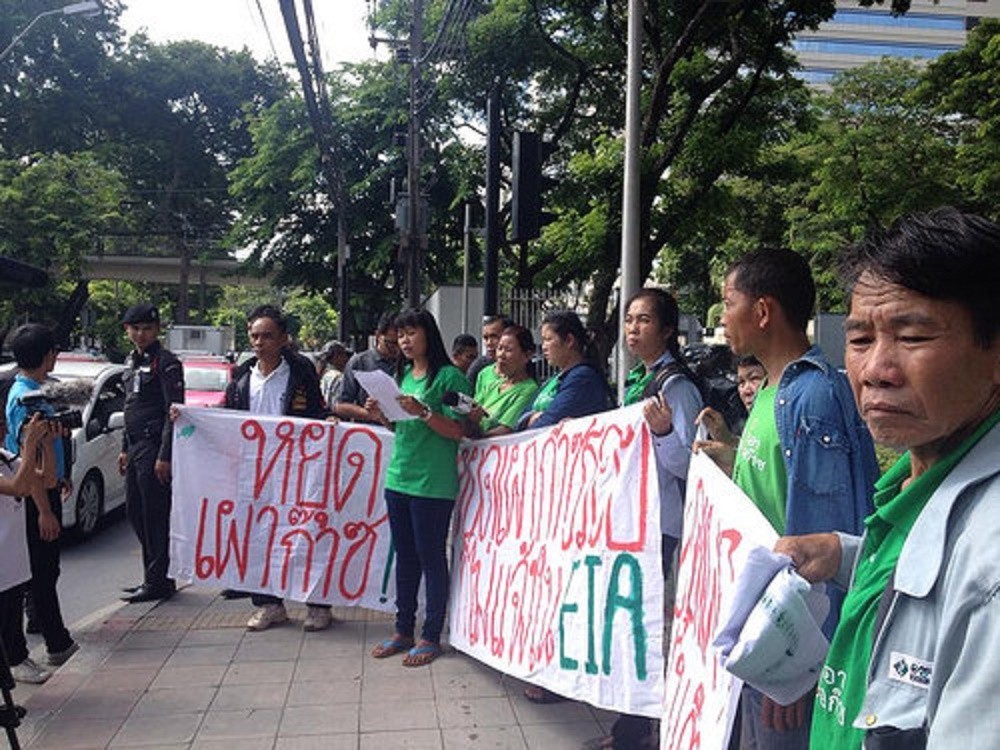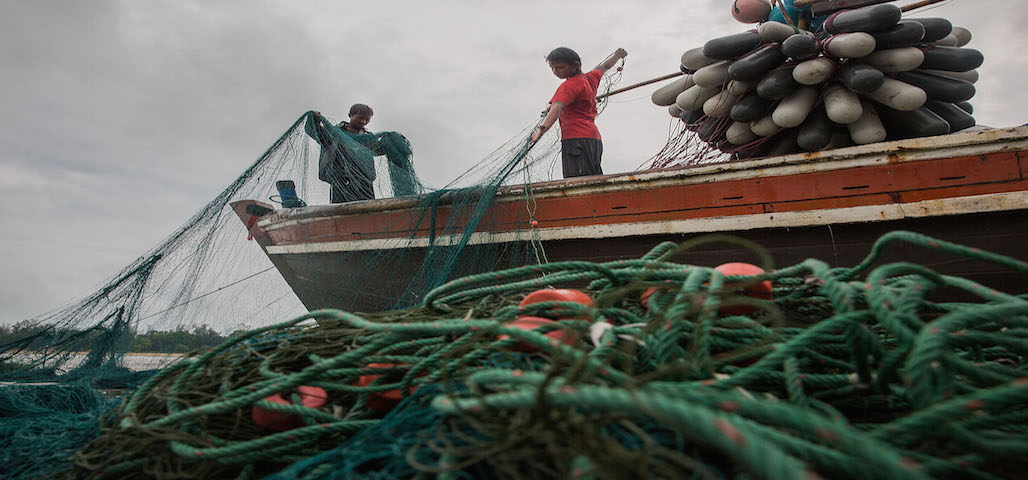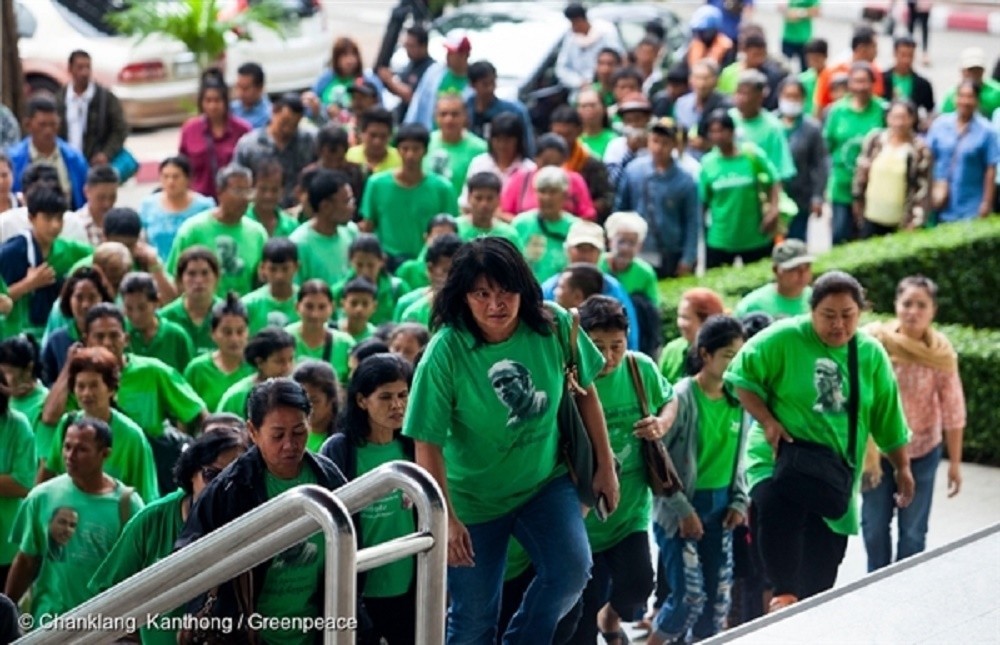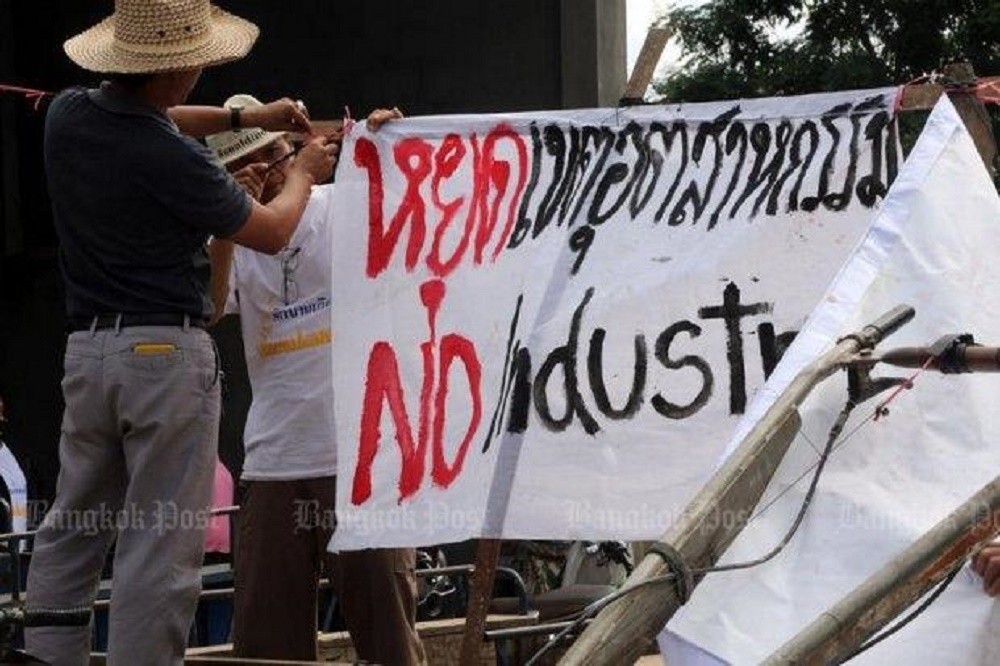Thousands of households along the coast of Tien Giang Province in the Mekong Delta have been seriously endangered by soil erosion caused by the loss of protective forests.
Since the strip of protective forest, 21 kilometers long, covering the coast of Go Cong District has been ruined, around 300,000 locals and 55,000 hectares of farming land there have been “put under a knife blade” for years.
Houses in the coastal area from the Soai Rap River mouth in Vam Lang Town to Den Do in Tan Thanh Commune are under permanent threat and may be swept away or sunk by erosion any time.
A sea dike of steel concrete was built along the coast to protect local residential areas but it is just a temporary measure since sea waves have continued to encroach on land day by day.






